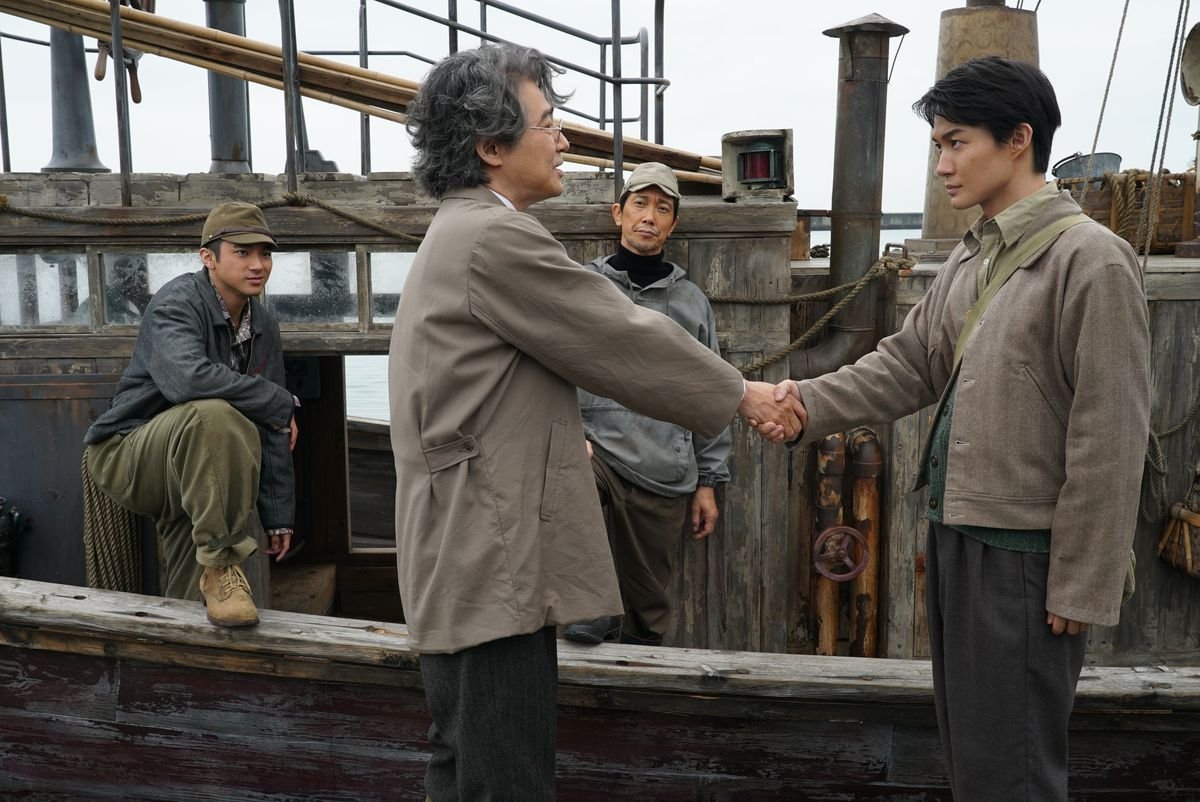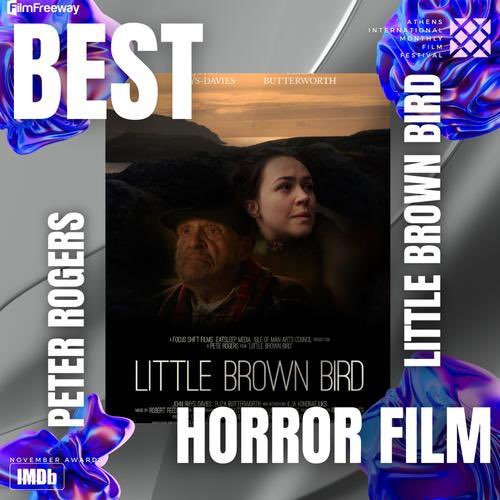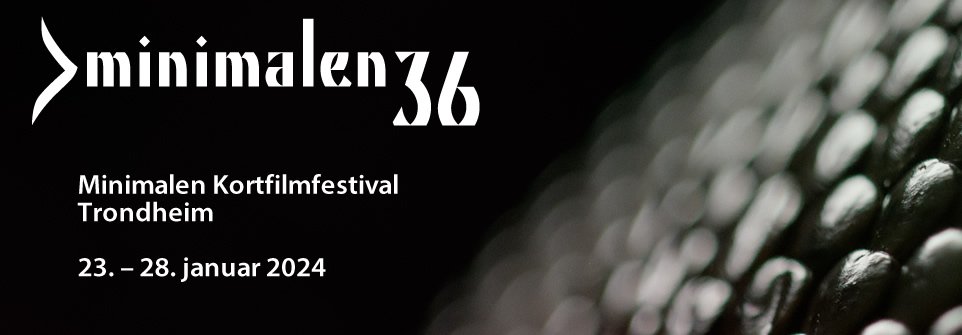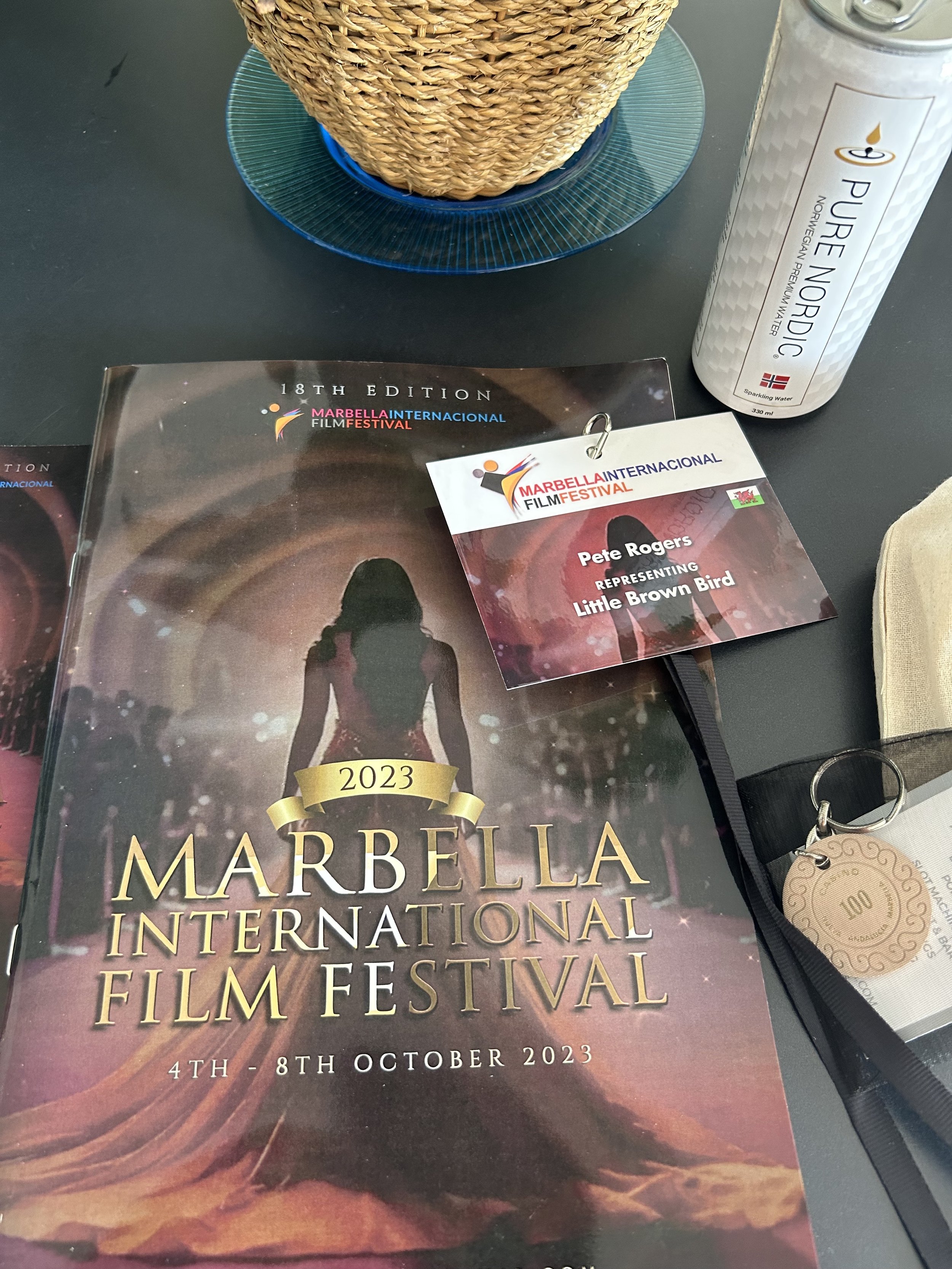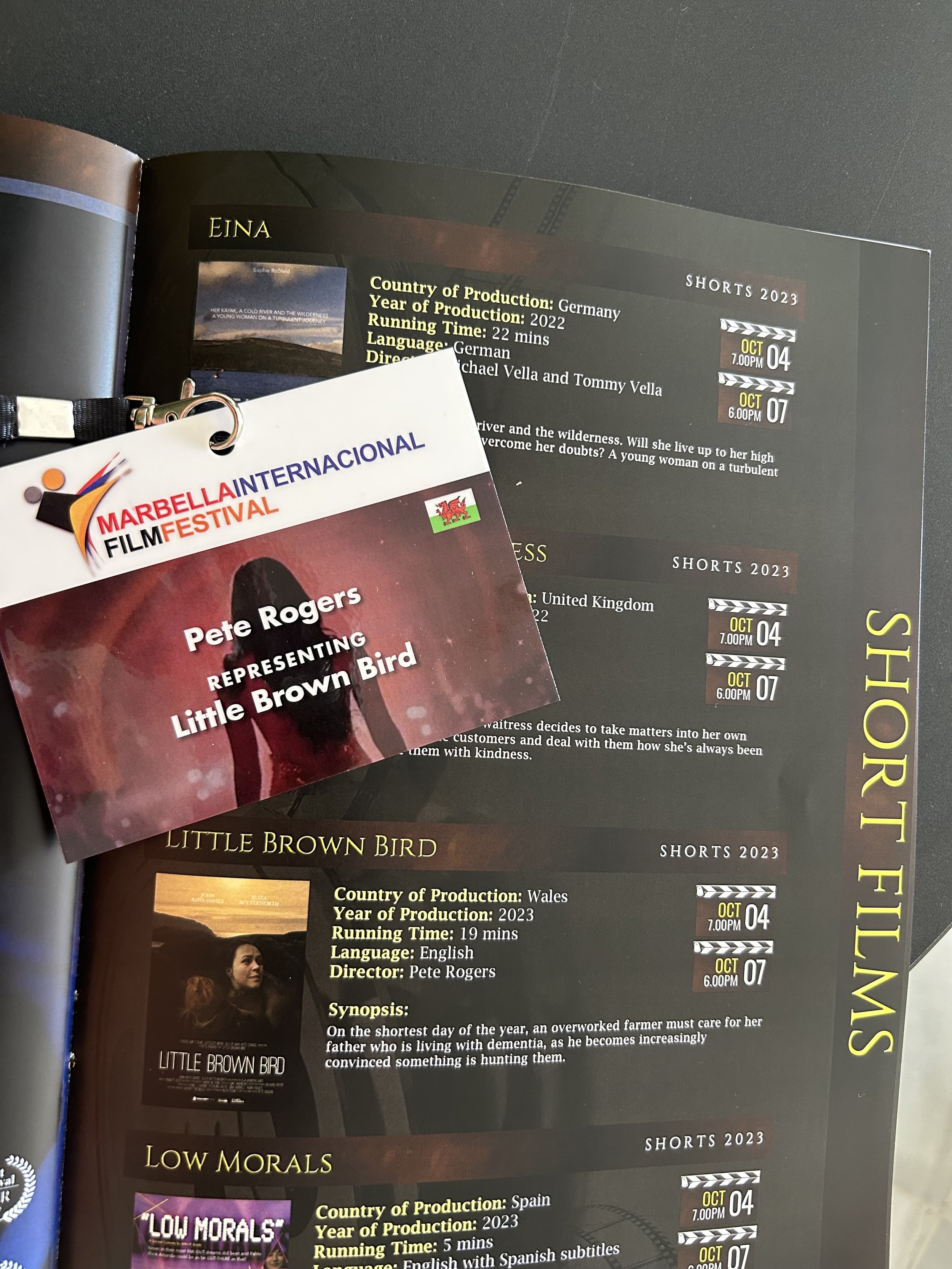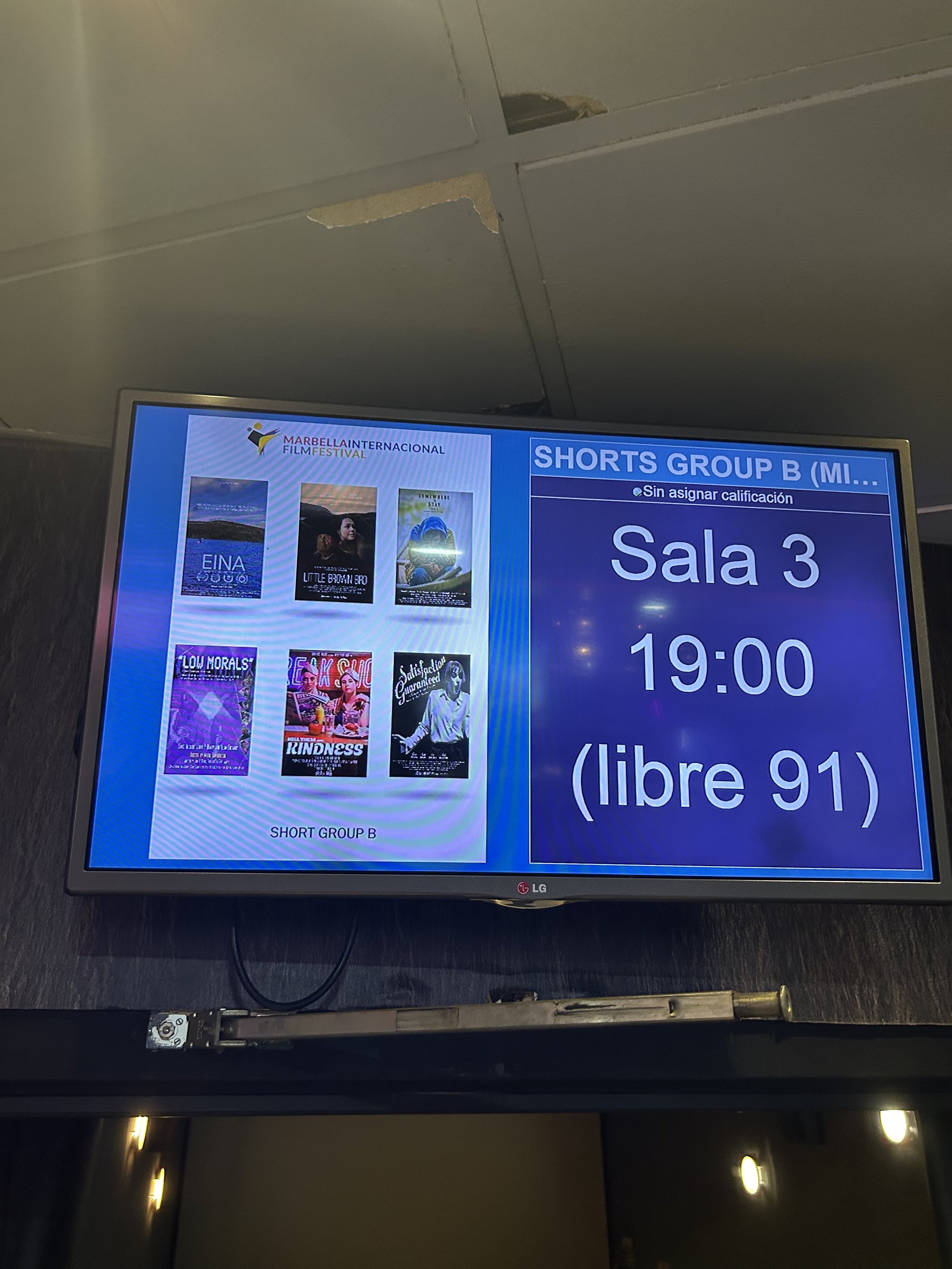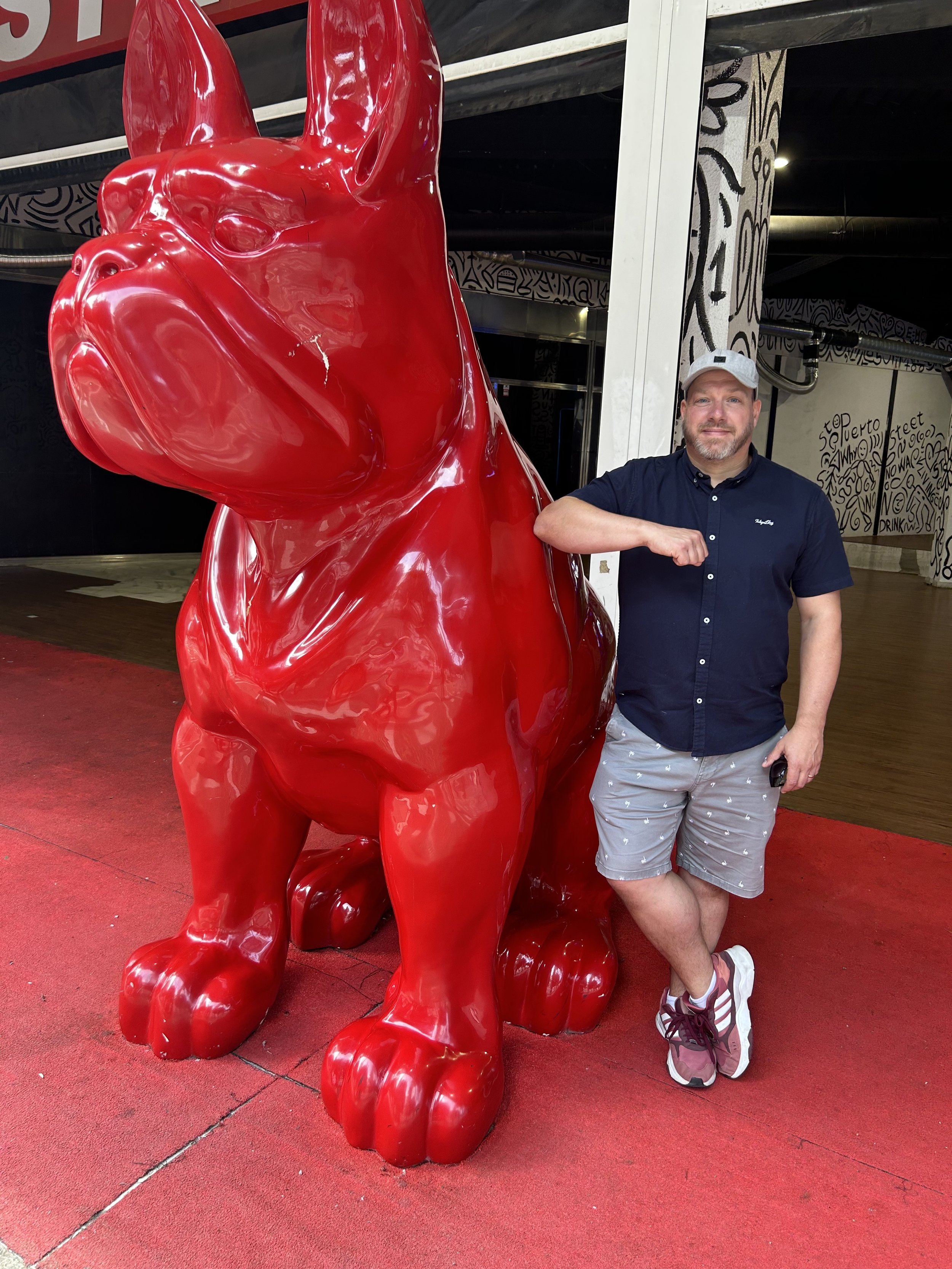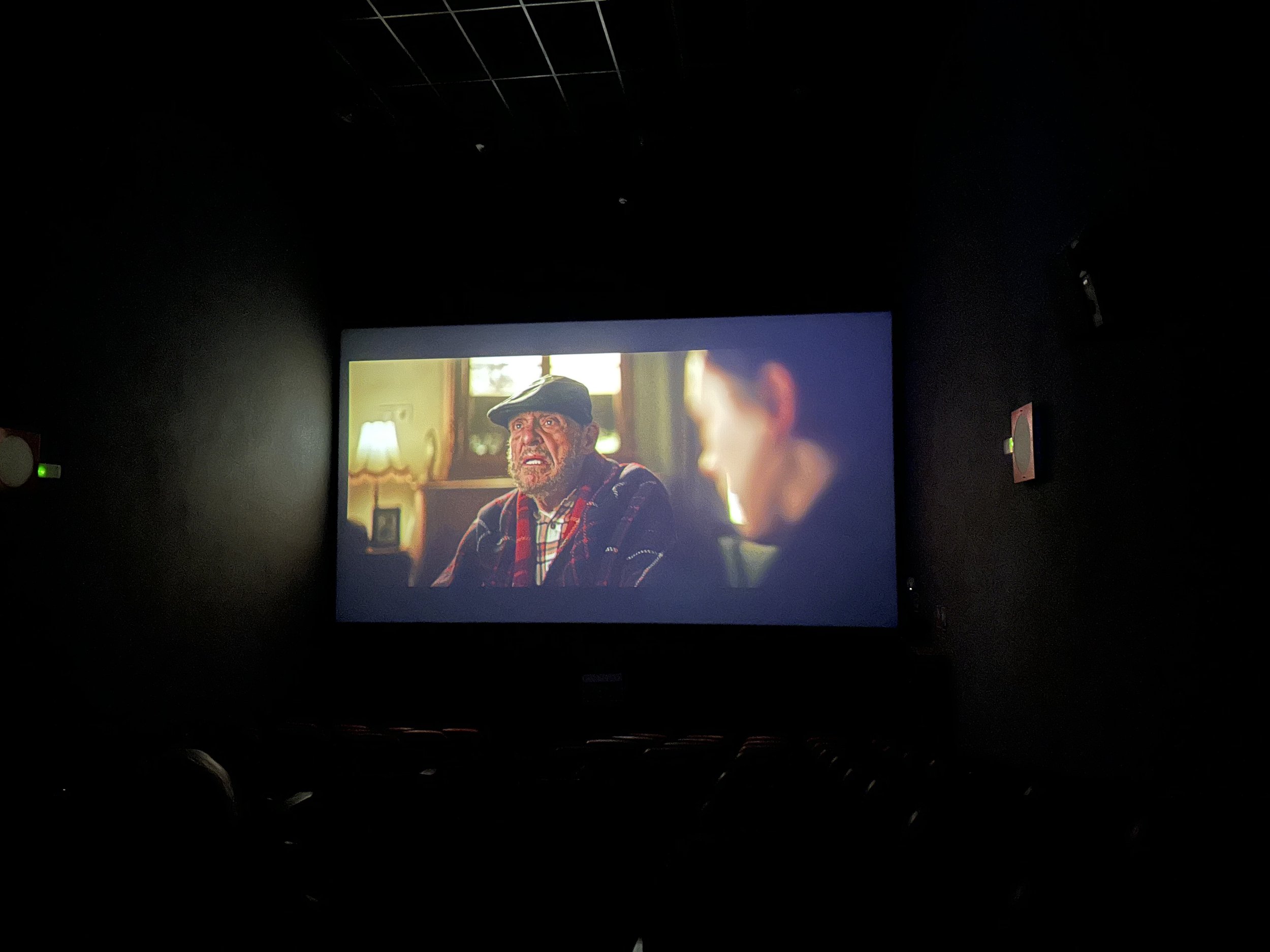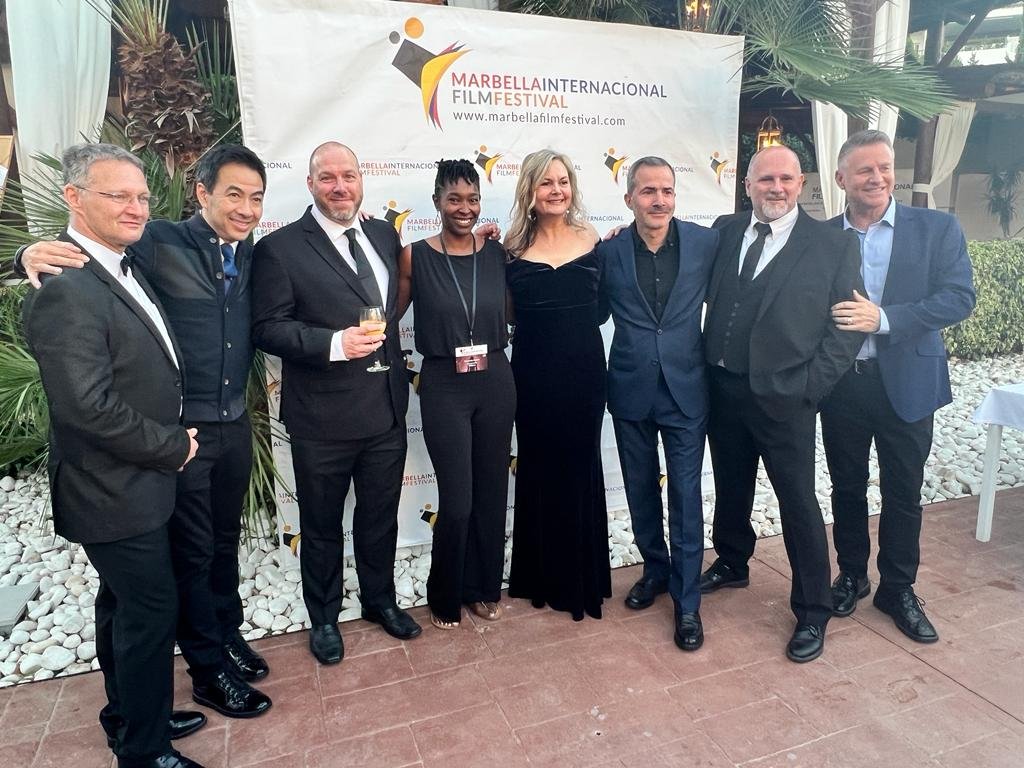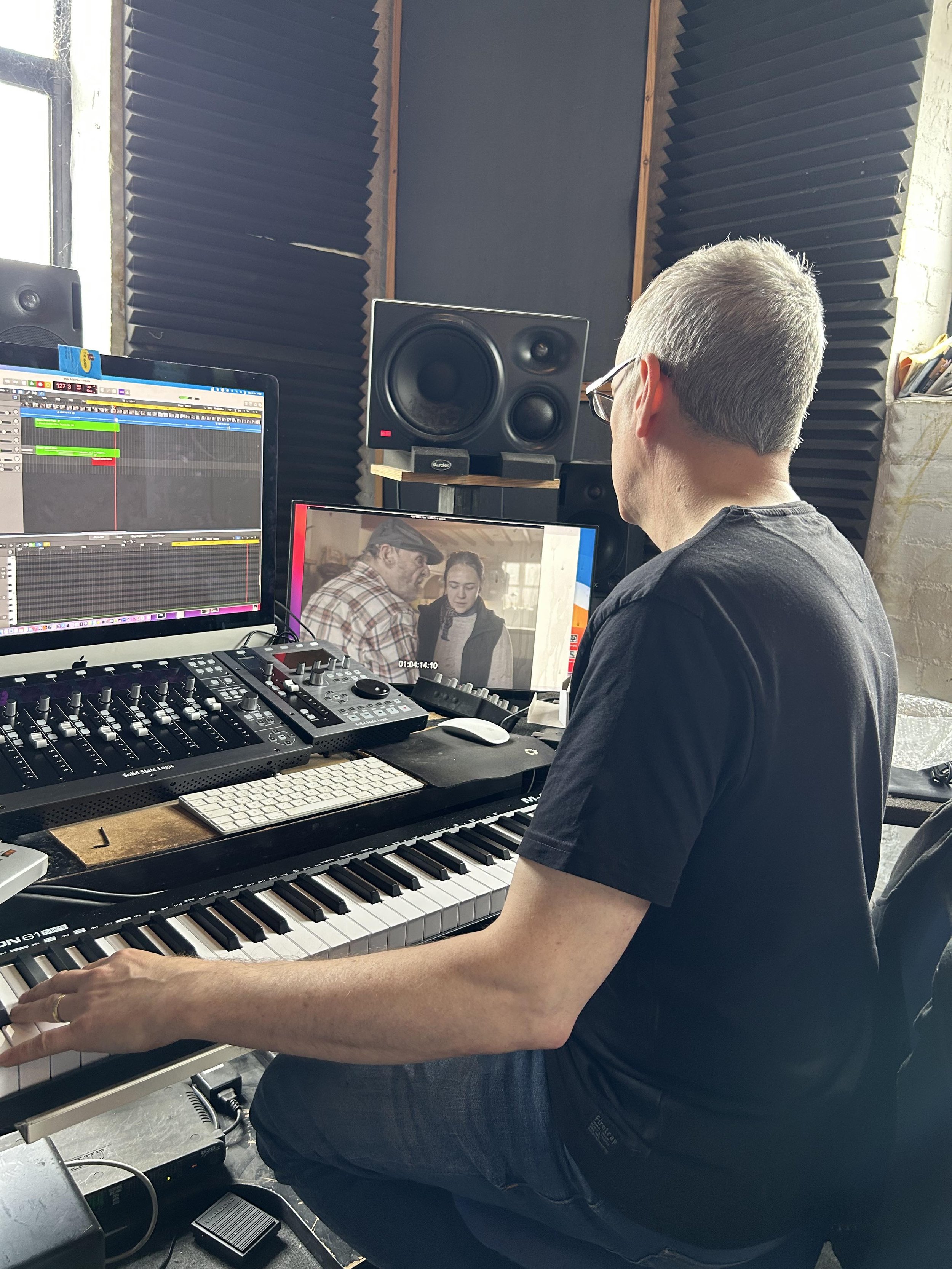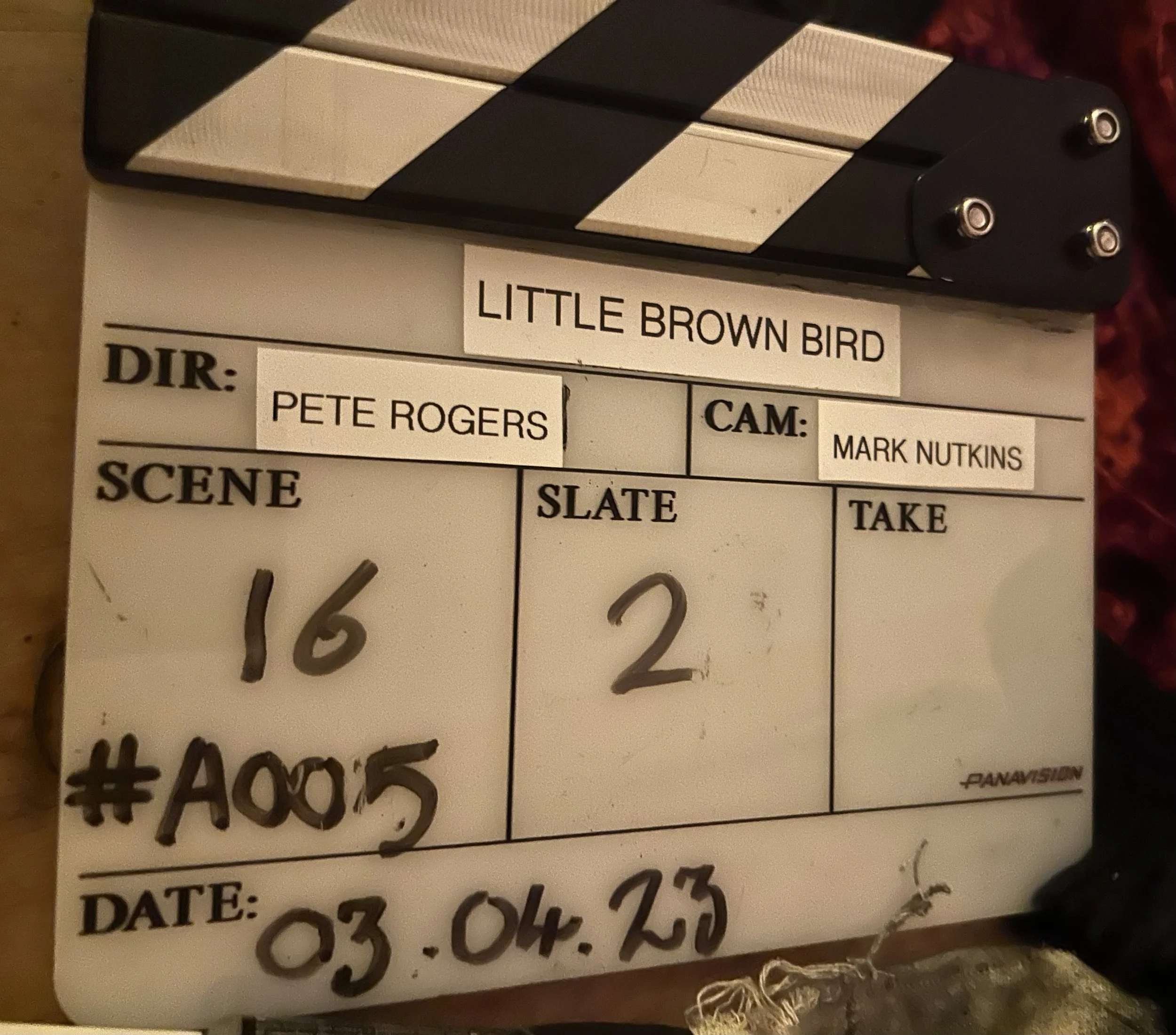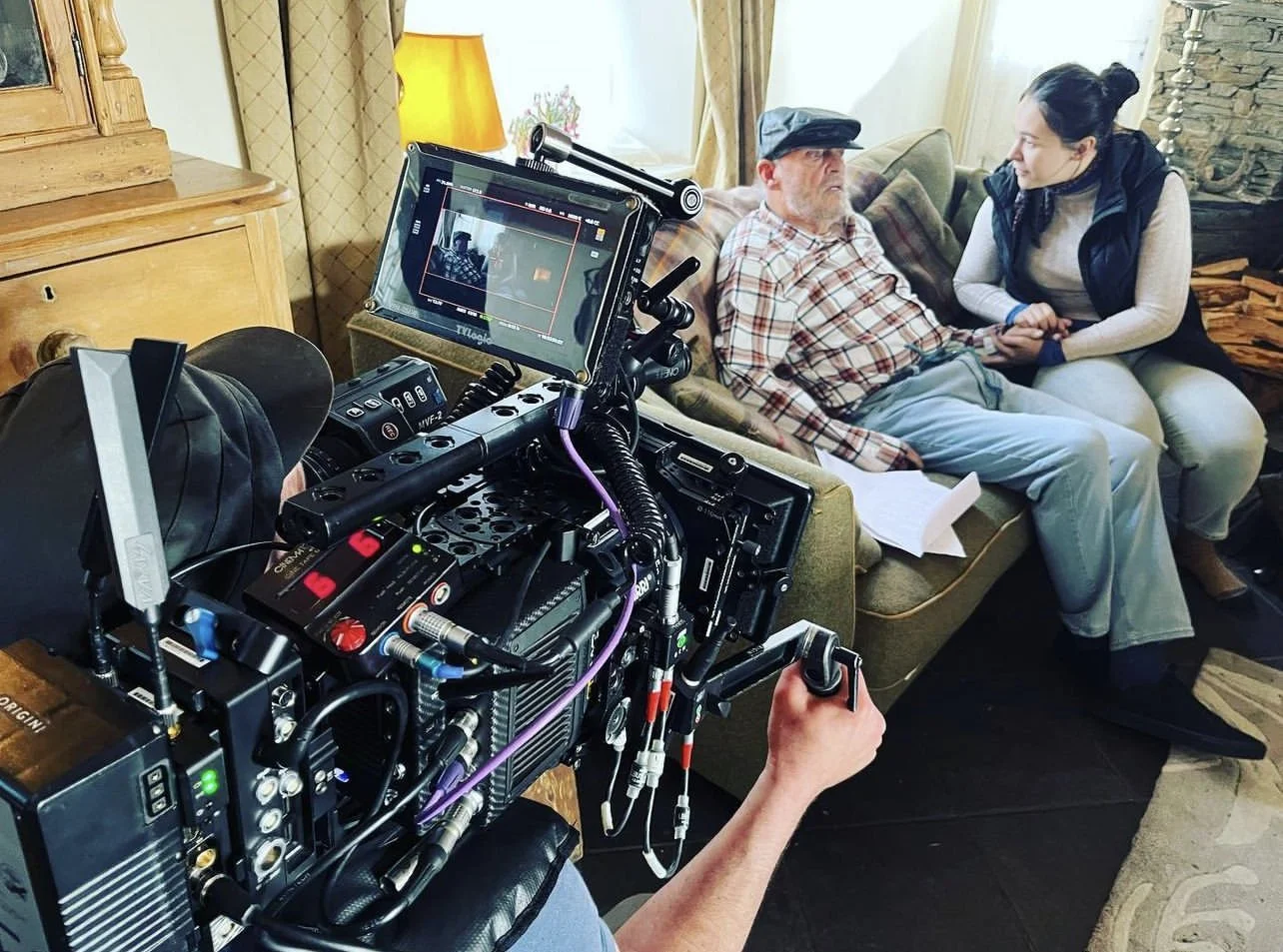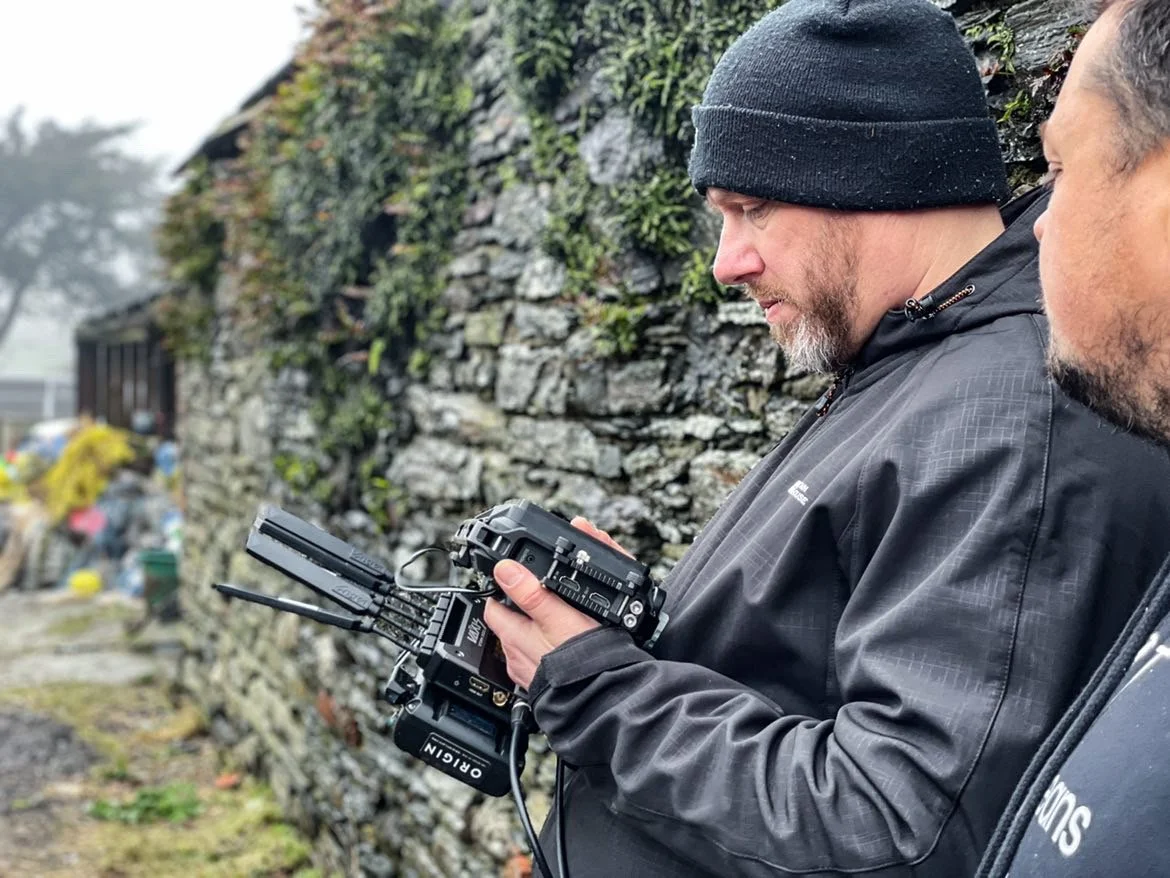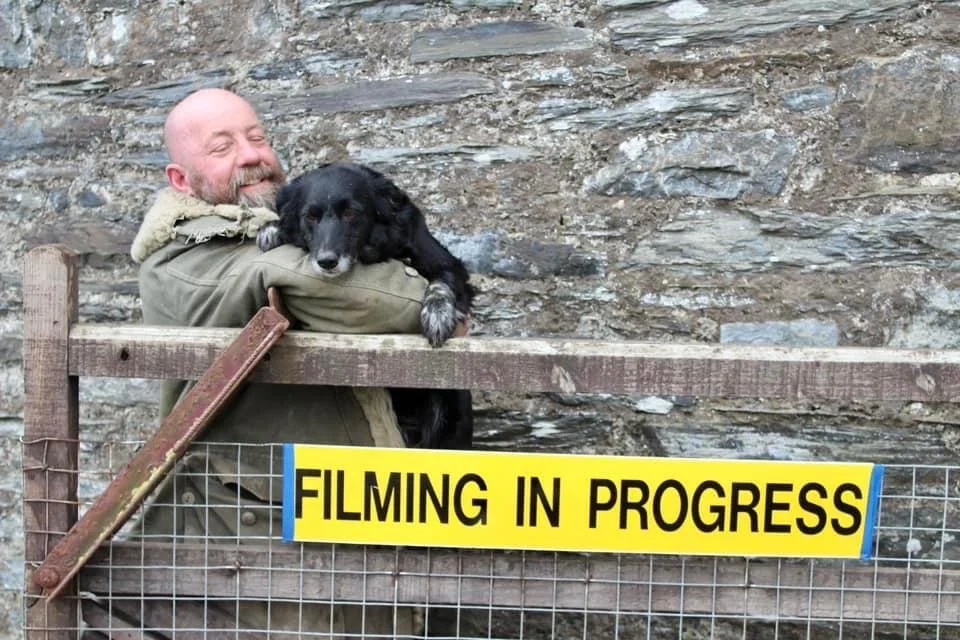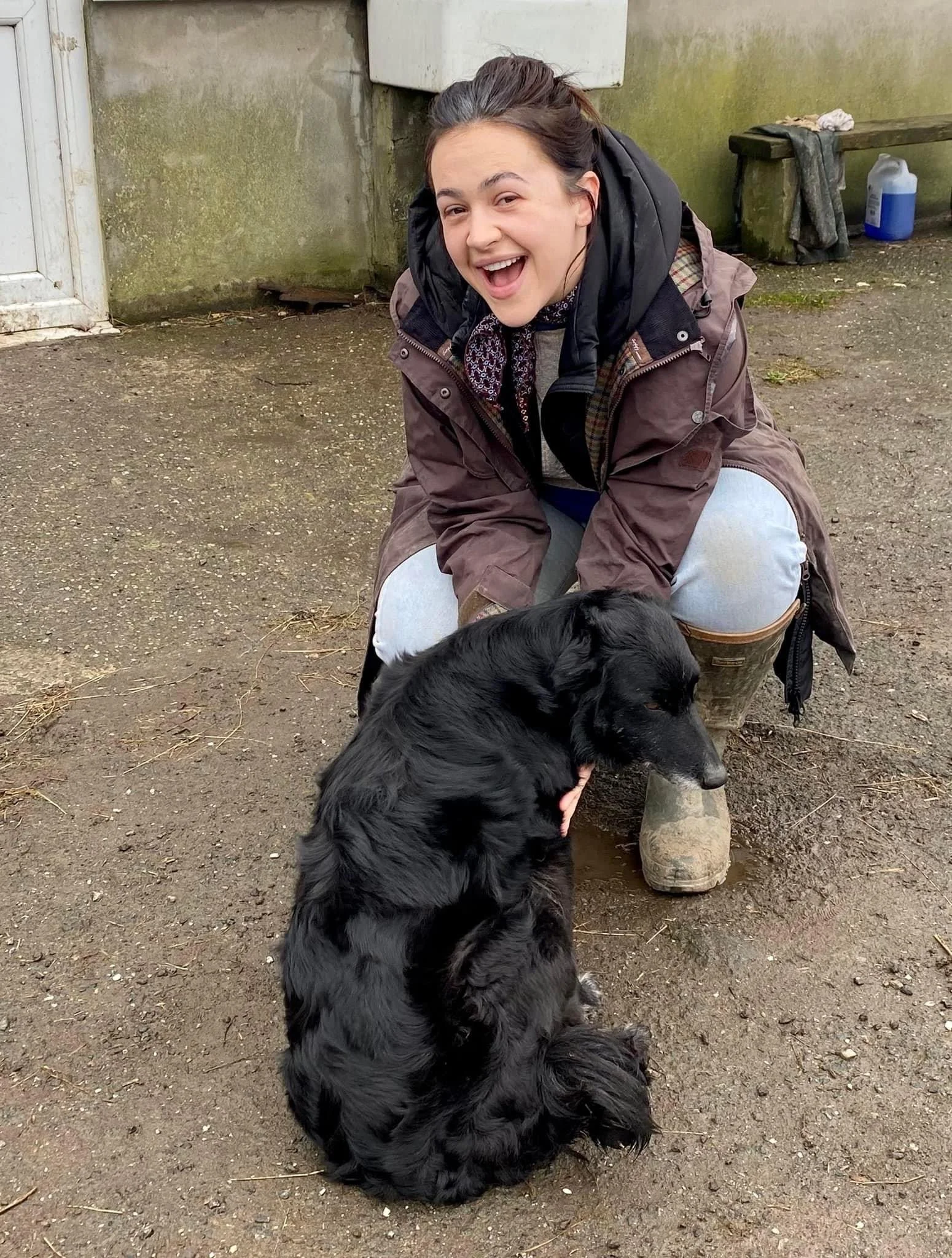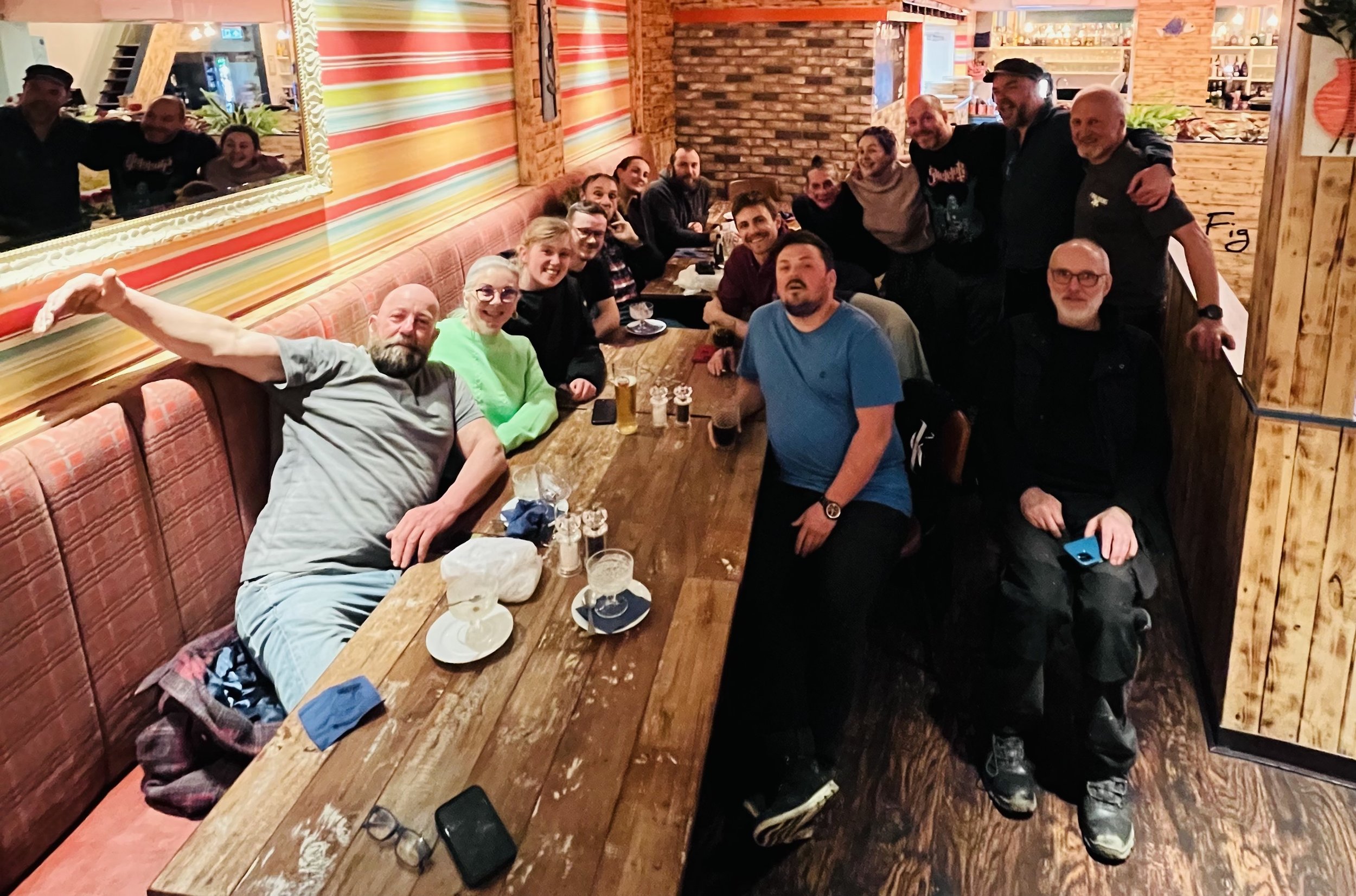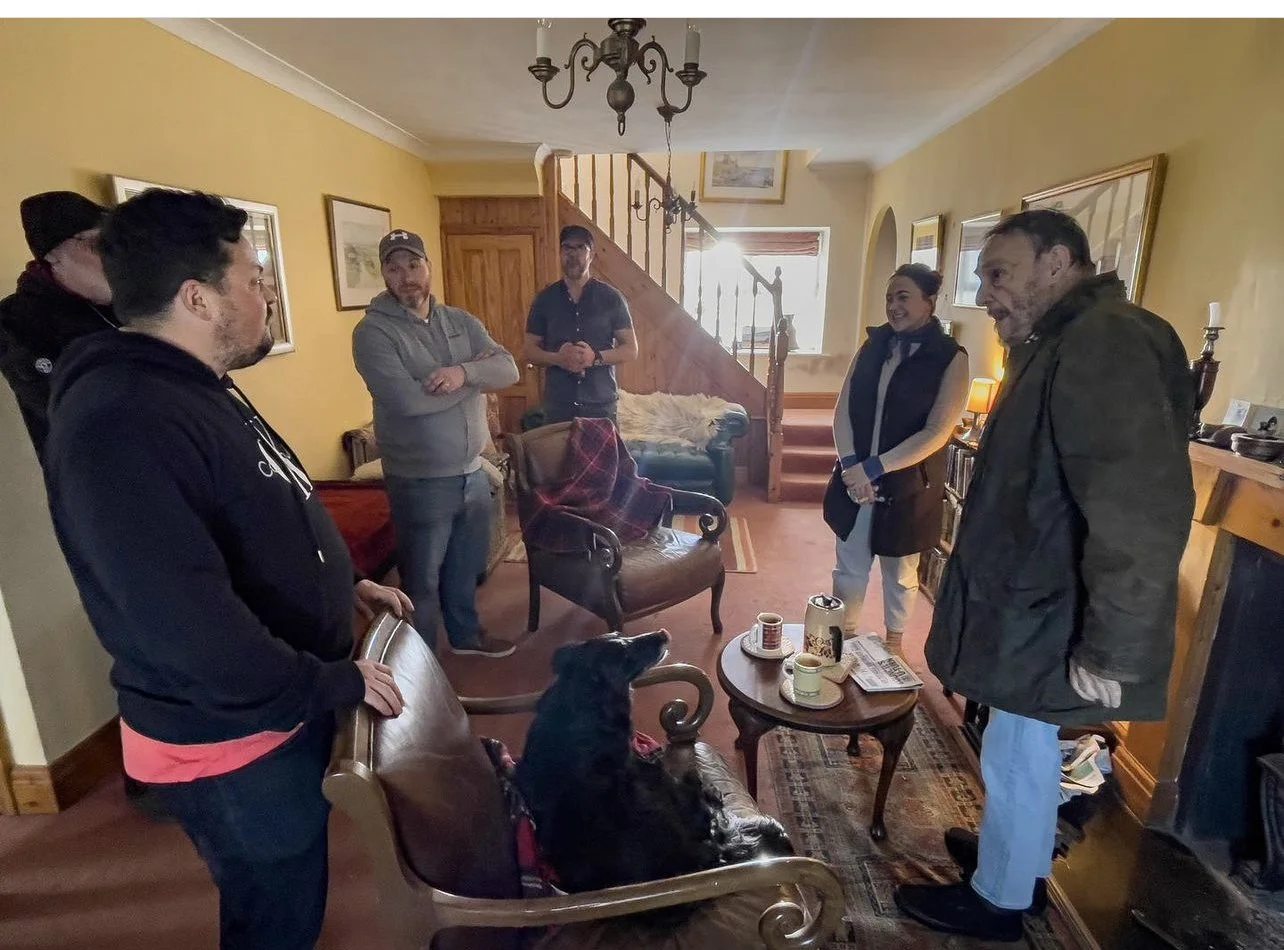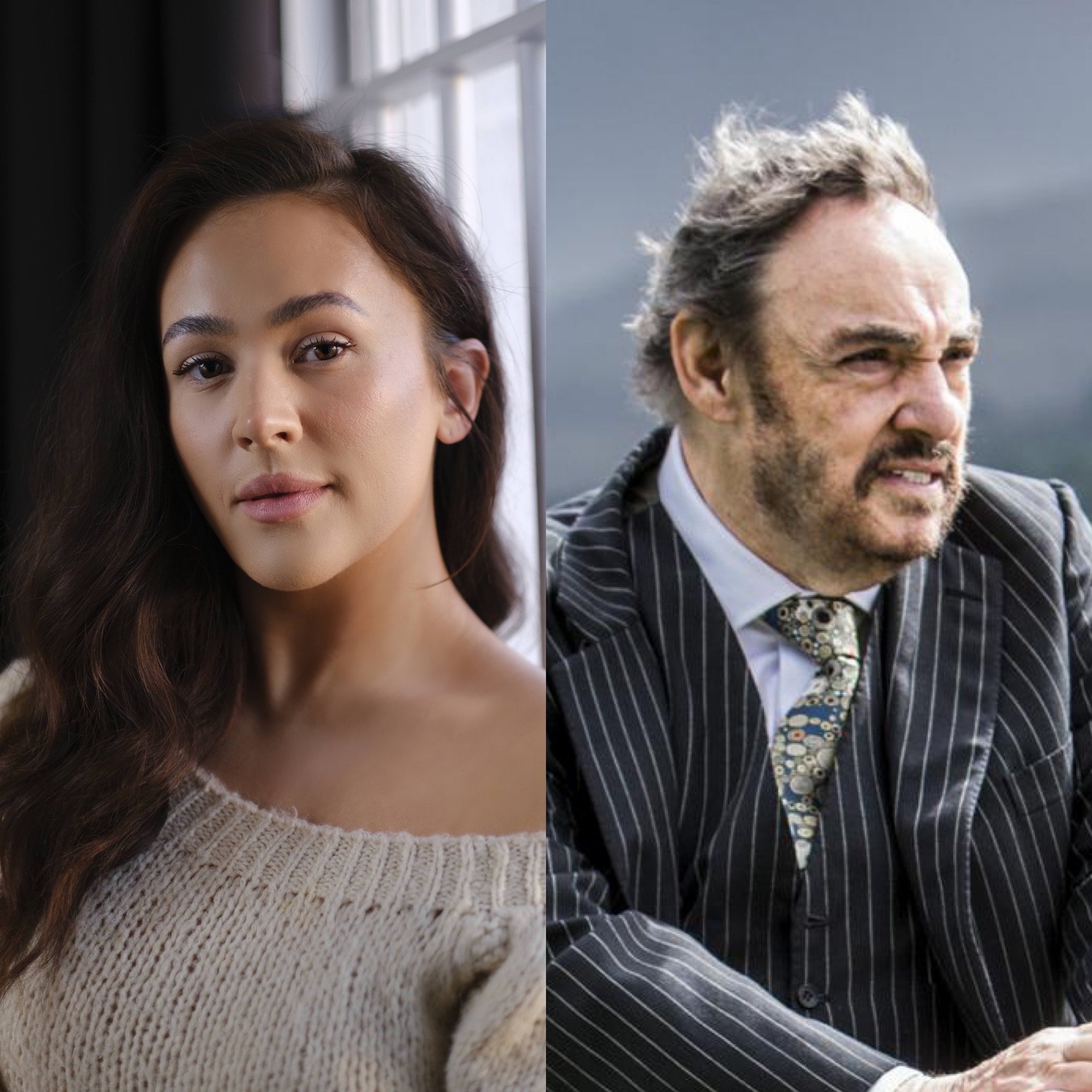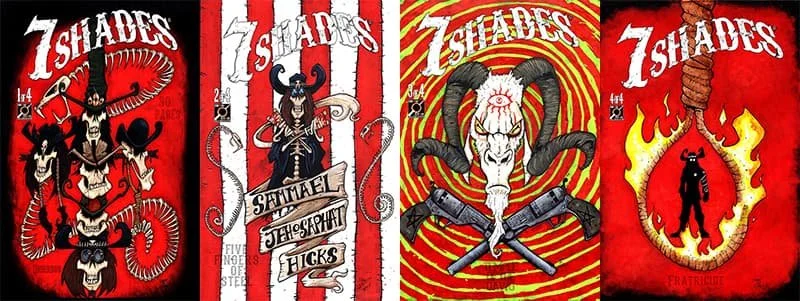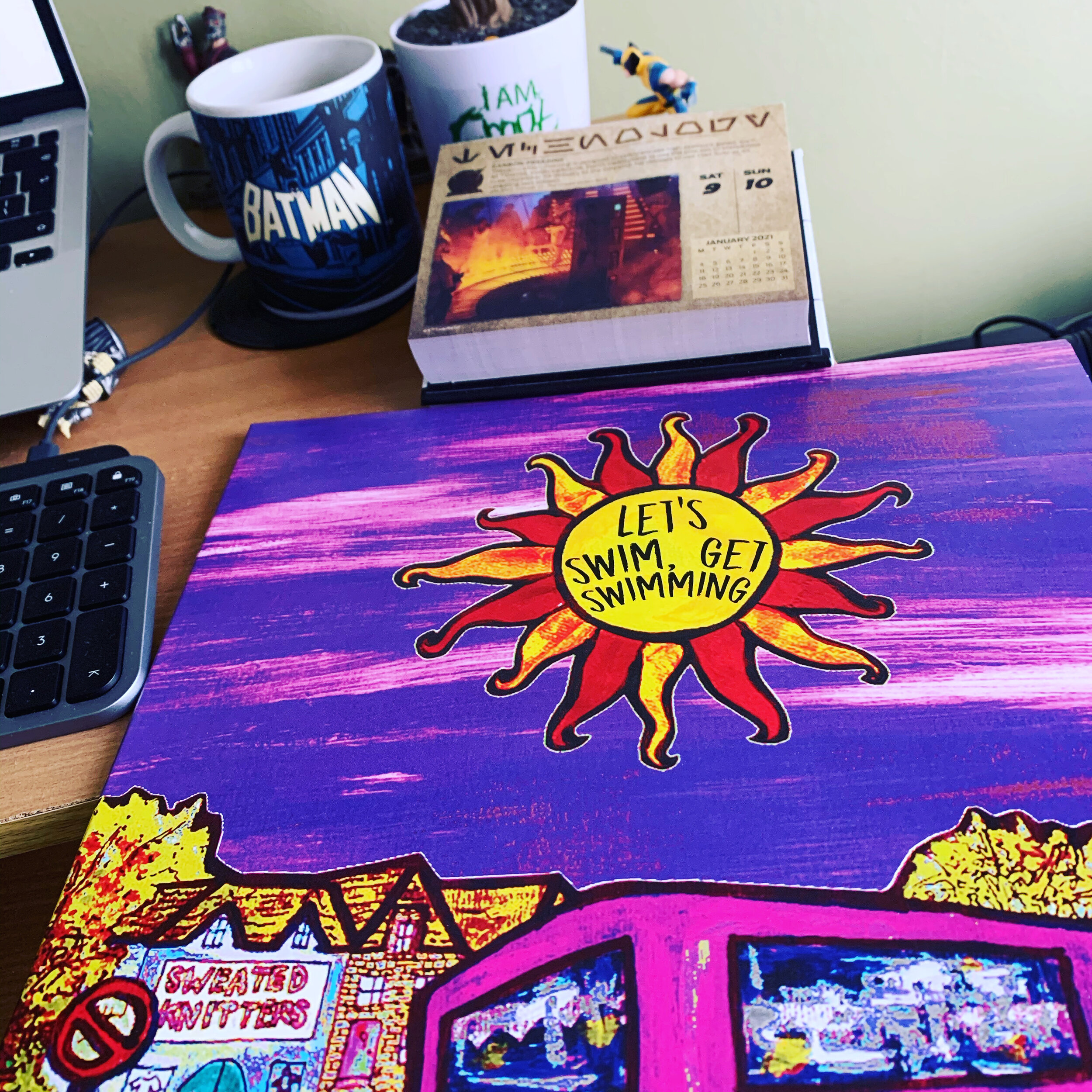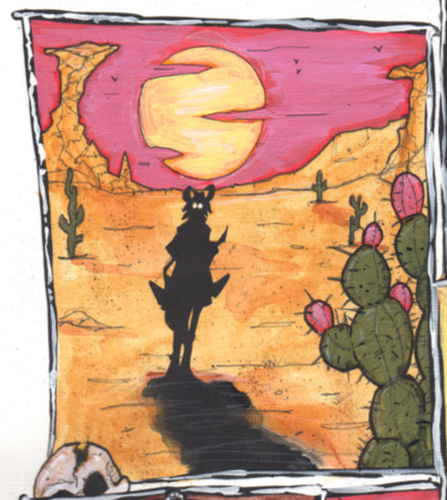Little Brown Bird ended the year on a high with a run of festivals, nominations and awards for our short film in the latter months of 2024,
I made it to York for the Dead Northern Film Festival at the end of September. Little Brown Bird was part of the Slaher, Thriller and Creature Shorts slot alongside other excellent films like Safe, Body Worn Video, Nervous Ellie, and Black Hole Barry. The film was very well received, I appeared on a panel with the Independent Horror Society before ending the Saturday Night picking up the Bloody Good Death Award.
A week later, the film was shown at Phantasmagoria Horror Film Festival in Wrexham, North Wales, where we were judged to be the third best short of the festival.
At the end of October, Little Brown Bird had its second Wrexham screening, this time at the International Film Festival of Wales. I made it to this festival and it was good to see the film in a general festival, alongside other non-horror fare. We were nominated in the Best Short Film, Best Director and Best Cinematography categories and took home awards for all our cast! Eliza Butterworth picked up Best Actress, Ilja Kondatjuks won Best Supporting Actor and John Rhys-Davies was awarded the Legend of Cinema award.
At the end of November Little Brown Bird was part of the Vision Feast Film Festival, which is usually in person in New Zealand, but this year, it had to move online. We were a Nominee in the Country Spotlight, Best UK Project section.
We had two screenings on the same weekend at the start of December. On Friday the 6th we had our Irish Premiere in Cork at Spook Screen. We were one of the three Best in Fest finalists and one of four Best Director finalists, out of 95 films screened across the three-day event. On Saturday 7th I braved Storm Darragh for a trip to the Midlands for the Black Country Horror Shorts Film Festival in Stourbridge, Little Brown Bird played alongside another excellent selection of shorts and was one of the finalists for Best Film.
Looking ahead to 2025, we will hear about our final round of submissions in the coming months, In the meantime, it has been confirmed we will be playing at Bristol Independent Film Festival. The festival had over a thousand entries, across all genres, so I am very pleased that we made the cut. The festival has also confirmed that Eliza has won their Best Actress Award. I look forward to attending the event in March next year.
Sunday Shorts, who screened the film in Lisbon, Portugal in April have shortlisted Little Brown Birds for their Best Horror/Thriller Short of 2024. The winner will be announced very soon,
I am over the moon to see our film getting accepted by so many festivals, and receiving so many accolades along the way, Our amazing cast, crew, post team, production companies, funding bodies and crowdfunding backers, made a dream come true when I got to see the film through to fruition, every else that has followed is thanks to their hard work, dedication and talent. 2025 is all about features, as I try to get three different projects gaining momentum following this success. Wish me luck!













